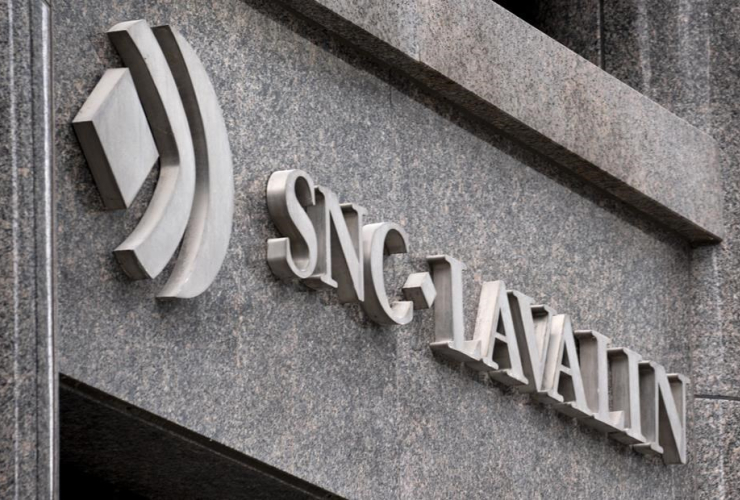SNC-Lavalin's court fight for a special agreement to avoid prosecution on corruption charges continues to lurch along, despite the prospect of a criminal trial and Wednesday's explosive report from the federal ethics watchdog on the conduct of the prime minister.
The Federal Court of Appeal has set a series of filing deadlines that run through the fall — as the campaign for the Oct. 21 federal election unfolds — for the latest submissions in the engineering and construction giant's ongoing legal battle for a remediation agreement over alleged wrongdoing in Libya.
SNC-Lavalin unsuccessfully pressed the federal director of prosecutions to negotiate an agreement — an alternative means of holding an organization accountable for wrongdoing without a formal finding of guilt.
In a March ruling, a Federal Court judge tossed out the firm's plea for judicial review of the director's 2018 decision.
SNC-Lavalin contends in the Court of Appeal that the process of determining whether to pursue a remediation agreement was completely flawed.
Montreal-based SNC-Lavalin has been at the centre of a political storm since February, when the Globe and Mail newspaper reported that prime ministerial aides leaned on Jody Wilson-Raybould, while serving as attorney general, to ensure a remediation agreement.
Wilson-Raybould told the House of Commons justice committee in late February she faced a campaign of relentless pressure to secure an agreement for SNC-Lavalin. Prime Minister Justin Trudeau denied that officials acted inappropriately.
Ethics Commissioner Mario Dion's report released Wednesday said Trudeau violated the Conflict of Interest Act by using his position of authority to exert influence over Wilson-Raybould, both directly and indirectly, in her decision on whether to intervene in the file.
Dion also found Trudeau directed senior officials in the Prime Minister's Office to find a way to ensure a remediation agreement could be implemented.
The director of prosecutions formally told SNC-Lavalin on Oct. 9, 2018, that negotiating an agreement would be inappropriate in this particular case, prompting the company to ask the Federal Court for an order requiring talks.
In its March ruling, the Federal Court said prosecutorial discretion is not subject to judicial review, except for cases where there is an abuse of process.
SNC-Lavalin is appealing the ruling, arguing that checks and balances intended to ensure accountability were circumvented, amounting to a clear abuse of process.
However, the director of prosecutions is asking the appeal court to prevent SNC-Lavalin from supplementing its original arguments with new information.
Submissions from both the director's office and SNC-Lavalin are due to be filed the Court of Appeal in September and in the weeks through November. A decision in the case is unlikely before next year.
Meantime, SNC-Lavalin has opted for trial by judge alone in the criminal proceedings in Quebec court. The next court date is set for September, but a trial could play out for many months or even years.





Comments